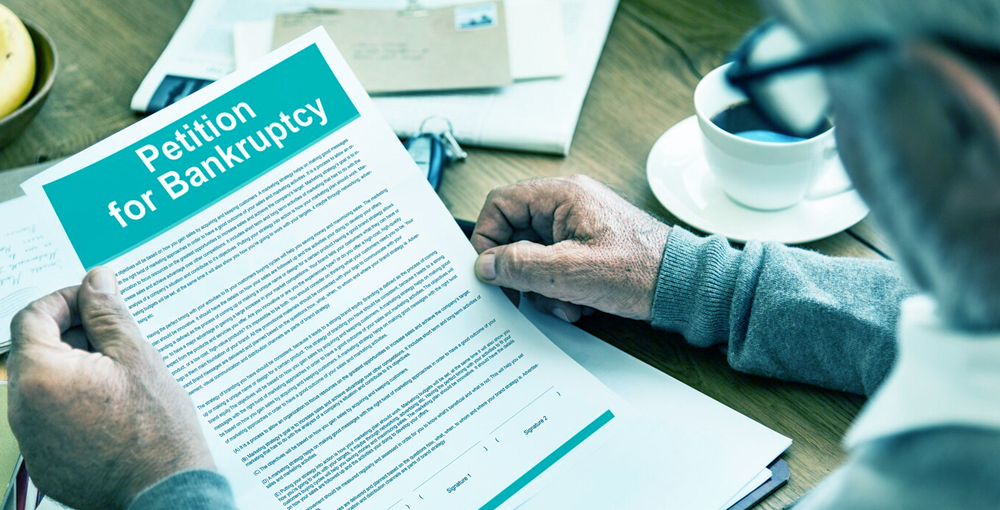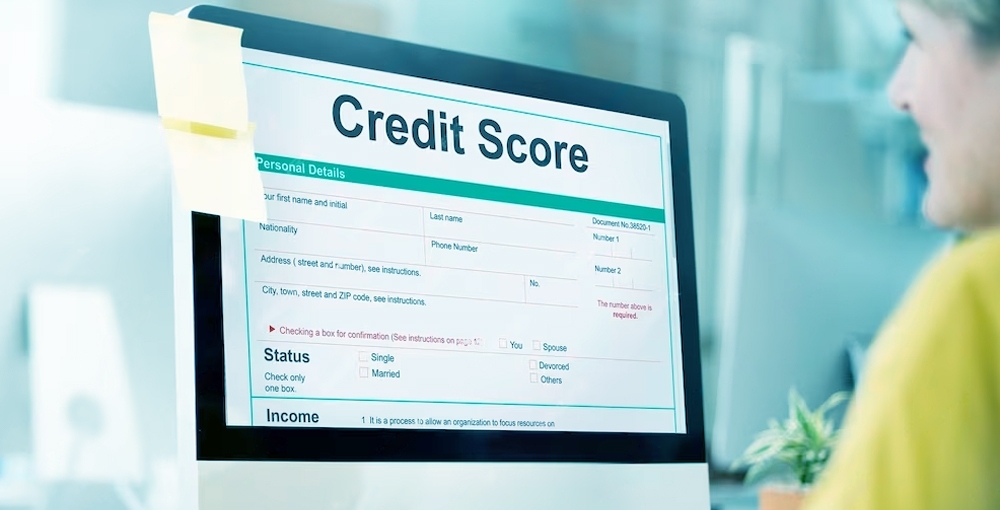Does Debt Relief Hurt Your Credit ? Fix Your Debt Now Before It Ruins Your Credit

March 28, 2024
The walls are closing in. Bills pile up like a menacing paper dragon, whispering of missed payments and late fees. You're trapped in debt jail, and the warden? Your plummeting credit score.
It's enough to make you want to curl up under the covers and ignore the financial monster gnawing at your peace of mind. But there's a glimmer of hope in this credit card dungeon: debt relief.
Yes, the very words that sent shivers down your spine – "debt relief" – might be the very key that unlocks your financial freedom. But here's the catch (as there always is, right?): every escape route comes with its own set of hurdles, and debt relief is no exception.
It's that scary question on everyone's mind: Does getting debt relief mess up your credit?
Well, like most stuff in life, the answer is: yeah, it can, but it's not the same for everyone.
Different Types of Debt Relief and Credit Impact
Okay, everyone, let's get into the details of each way to tackle debt and check out how they affect your credit score. The goal here is to secure a double win: defeating that debt monster while making sure we don't accidentally wreck your credit along the way.

1. Debt Settlement: The Hammer of Debt, but at What Cost to Your Score?
Say you talk it out with the folks you owe money to and manage to pay back less than the full amount. Sounds good, huh? Well, think of debt settlement as a superhero move against your debt, but watch out—the hit it delivers might rattle your credit score. Let me break it down for you.
Missed Payments: While negotiating, you'll likely stop regular payments, leaving ugly "missed payment" marks on your credit report. These can knock your score down by 50-100 points each, leaving you feeling like you just got hit by a credit score meteor.
Charge-Offs: When creditors see you're not paying, they might "charge off" the debt, basically waving a white flag and marking it as a loss. This, too, is a major credit score downer (another 80-100 points), leaving a bigger scar than a missed payment.
Derogatory Marks: Think of these as the debt monster's graffiti on your credit report. Charge-offs and missed payments become like spray paint, sticking around for 7 whole years, a constant reminder of your financial battle.
So, debt settlement might give you temporary relief, but be prepared for some credit score bruises in the short term.
2. Debt Management Plans (DMPs)
Think of a Debt Management Plan (DMP) as your personal money maestro. It gathers up all your debts and arranges a smooth payment plan. You make one consolidated payment to the DMP, who then distributes it to your creditors. Sounds lovely, right? But how does this affect your credit?
Account closures: DMPs sometimes involve closing old accounts, which can temporarily lower your credit utilization (the amount of credit you're using compared to your limit). This is like showing lenders you're cleaning house, which can actually boost your score in the long run.
Late payments: Missing payments on your Debt Management Plan (DMP) is like ditching your drinking squad and hanging out with the debt monster again. It's a big no-no. This slip-up can result in getting marks for late payments, and that could knock your credit score down by around 30 to 50 points each time.
However, the good news is that successfully completing a DMP shows lenders you're responsible, potentially boosting your score by 50-100 points in the long run.

3. Bankruptcy
Consider bankruptcy as the ultimate weapon against your debt monster. It wipes out what you owe, but the fallout can also leave your credit score feeling the heat for a really long time. Here's the deal:
Major Score Drop: Prepare for a significant plummet, folks. Bankruptcy can easily drop your score by 100 points or more, leaving you in credit score purgatory for up to 10 years with Chapter 7 and 7 years with Chapter 13.
Difficulty Getting Credit: Say goodbye to easy loans and credit cards for a while. Bankruptcy screams "financial risk" to lenders, making them hesitant to open their doors (read: wallets) to you.
Now, I'm not saying bankruptcy is never the answer. In some extreme cases, it might be the only way to get a fresh start. But understand the long-term credit score consequences before you unleash this financial nuke.
How to Minimize Credit Damage from Debt Relief
Alright, we've tackled those credit score monsters hiding in certain debt relief methods. But don't worry, there are smart moves you can make to lessen the impact and come out on top with your credit score still in good shape.
1. How Do I Choose the Right Help for My Credit?
The first rule of credit score preservation? Pick the right debt relief option for your situation. Consider your debt amount, credit score, and long-term financial goals. If you have good credit and just a few manageable debts, a DMP might be your best bet. For larger debts and lower scores, debt settlement might be an option, but with the understanding of the credit score blow it'll bring. Bankruptcy should be a last resort, only after exhausting all other possibilities.
2. Can On-Time Payments Save My Credit?
No matter if you're on a DMP, doing a debt settlement, or rebuilding after bankruptcy, keep this in mind: paying on time is your best defense. Missing payments is like feeding those credit score monsters. Set up auto-pay, stay on top of due dates, and make sure paying on time is your top priority.
3. Maintain Positive Credit Habits:
Debt relief might be your main quest, but don't neglect your other credit-building side quests. Keep paying your bills on time for other accounts, even while tackling the monster debt. Use credit responsibly, avoid taking on new debt, and monitor your credit report regularly for any inaccuracies. These small, consistent actions are like building credit score fortresses to protect your financial future.
4. Consider Credit Monitoring and Repair:
A credit monitoring service can be your early warning system, alerting you to any negative marks that might need attention. If you find inaccuracies on your report, don't hesitate to dispute them with the credit bureaus. Credit repair services can assist with this process, but be wary of any shady shortcuts – focus on legitimate methods and remember, rebuilding credit takes time and dedication.
5. Seek Professional Guidance:
When it comes to sorting out your debt, it's like finding your way through a maze—it can get pretty confusing. But hey, don't sweat it! Reach out to trusted money experts or credit counselors. They're like your friendly guides. They'll figure out what works best for you, walk you through the options, and give you a hand whenever you need it.

Debt Relief and Your Credit Score is A Battle You Can Win
So, does debt relief hurt your credit? The answer, like most things in life, is a nuanced "it depends." Keep this in mind: picking the best choice, making sure you pay on time, sticking to good credit habits, and getting advice from the experts are your secret weapons.
So, what's your next move? Share your experiences with debt relief and credit score struggles in the comments below! Did you face any unexpected credit score consequences?
